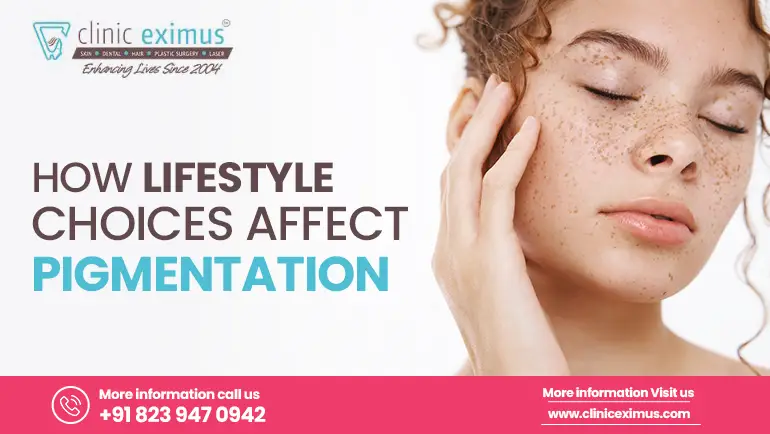
- Home
- About
- Skin Care
Minor Surgical Procedures
Non Surgical Facial Enhancement
- Hair Care
- Bride And Groom
- Plastic Surgery
- Before After
- Testimonial
- Media
- Contact

If you’ve found your way here, chances are you’re ready to bid farewell to those pesky acne troubles, especially when they seem to escalate in the heat of summer. Join us as we delve into the root causes and discover effective strategies to say goodbye to acne for good in this insightful article.
DO YOU WANT A NATURAL GLOW?
Well, everyone wants their skin to be naturally radiant and have that golden glow.
I too have tried so many home remedies to get that glow- from turmeric-Chandan paste to coffee face mask. I have tried it all, but in the end, finding a permanent solution with the help of these home remedies is almost impossible.
As these remedies are for the public as the solutions offered to fail to consider that every skin type is different, it makes it more difficult for you to get good results.
HOW CAN ACNE BE A SERIOUS PROBLEM?
Acne can cause serious problems that can be stressful to your skin’s health and your mental state. Some common problems include:
This is why acne skin care is crucial.

Acne is caused when sebum glands present in the skin get blocked and clogged. What happens is that dead skin cells get mixed with an excess of sebum (fatty lubricant matter produced by sebaceous glands) and then the hair follicles get blocked.
There are some factors that can contribute to acne, however, there are a lot of myths regarding the factors that cause acne.
Acne can be caused by hormonal imbalances, genetics, side effects of certain medications, or smoking.
In women, the causes can also be polycystic ovary syndrome, pregnancy, or menstruation.
HOW TO PREVENT ACNE FROM HAPPENING?
Drink Lots of Water: Staying well-hydrated by consuming ample water can contribute to skin hydration, potentially aiding in the prevention of acne. Additionally, maintaining adequate water intake may play a role in regulating blood sugar and insulin levels, further assisting in acne prevention.
Wash Your Face At Least Twice A Day
Our skin undergoes daily exposure to various elements such as pollution, dust, and dirt. It is essential to cleanse it regularly to eliminate the accumulation of dead skin cells, dirt, oil, sweat, and other impurities. Neglecting proper cleansing can make the skin more susceptible to acne and potential breakouts. While it may seem like a small effort, maintaining a clean skincare routine can significantly contribute to effective acne care.
Use A Good Face Wash
The effectiveness of a face wash varies from person to person due to differences in skin types. It’s essential to identify a suitable face wash by comparing its ingredients with the specific needs of your skin type. What works well for one individual may not be suitable for another, emphasizing the importance of choosing products tailored to your skin’s unique requirements.
Don’t Touch Your Face Too Often
Most of us have the habit of touching our faces, and that habit can lead to the accumulation of dirt on our faces. As our hands are not always clean, touching them again and again on acne can worsen it, and might even cause new acne.
Moisturize
Hydrating the skin through moisturization can contribute to acne management by promoting skin health. Additionally, it may alleviate the itching associated with acne.
Exfoliate
Regular exfoliation is beneficial for eliminating dead skin cells and unclogging pores, making it effective in managing acne. It’s crucial to exfoliate twice a week to avoid overdoing it, as excessive exfoliation may strip away healthy skin cells and increase the risk of scarring.
Consult A Skin Specialist Clinic like Clinic Eximus
Dealing with uncontrollable and bothersome acne can be frustrating. If you find yourself in this situation and feel the need to seek professional advice, consulting with a skin specialist is advisable. Dermatologist, being experts in the field, are better equipped to recommend acne treatments tailored to your specific skin needs. Their specialized knowledge allows them to provide valuable tips for effectively combating acne.
UNDERSTANDING YOUR SKIN TYPE
Recognizing your skin type is essential, as acne behaves differently depending on the specific type. The various skin types include normal, dry, oily, combination, acne-prone, and sensitive skin.
Dry skin requires increased hydration and moisture compared to normal and oily skin. Moisturizing is essential for oily skin as well, but individuals with this skin type should choose oil-free moisturizers.
Combination skin is characterized by a mix of dry and oily or normal and oily areas. Those with this skin type should opt for balancing creams and toners to address both concerns.
For individuals with acne-prone skin, using products specifically designed for treating acne is advisable. Conversely, those with sensitive skin need to exercise caution, avoiding products containing ingredients that may cause irritation.
CONCLUSION
Dealing with acne can be challenging, and the temptation to pop pimples for a quick solution is understandable. However, it’s essential to resist this urge as it is not the proper approach. The most effective way to manage acne is by adhering to a suitable skincare routine tailored to your skin type. If standard skincare routines prove ineffective, seeking advice from a specialist is crucial to achieve clear and healthy skin.
Therefore, be sure to get in touch with the expert Clinic Eximus team for immediate acne skin care solutions.

